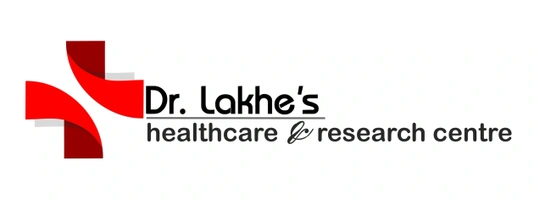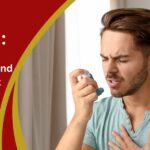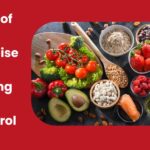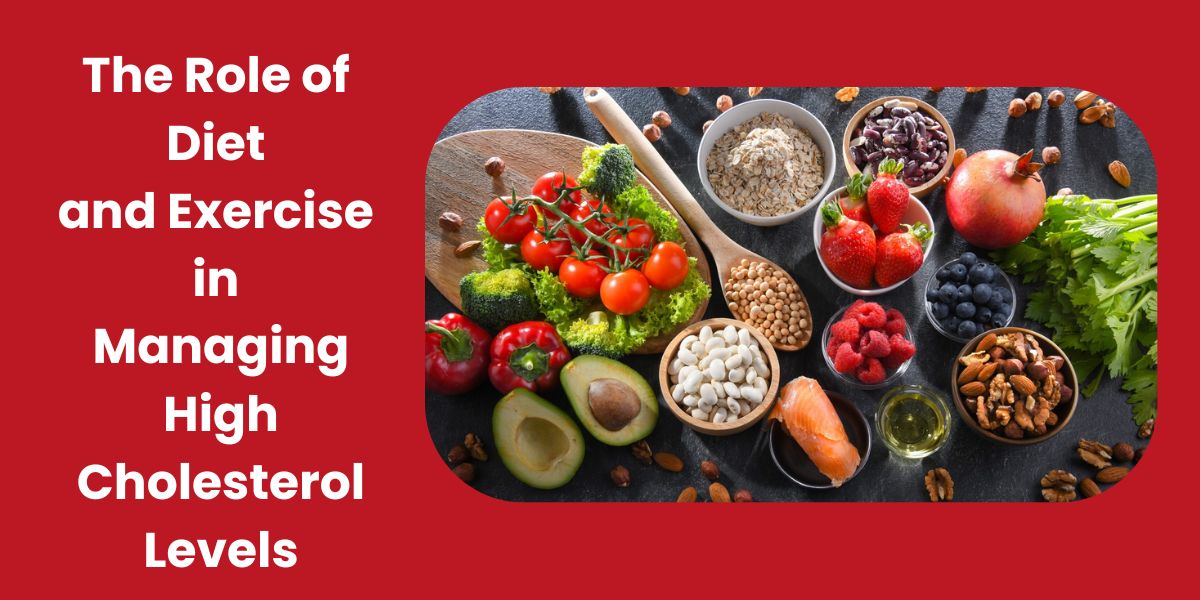High cholesterol is a common yet serious health condition that often goes unnoticed until it leads to complications like heart disease or stroke. However, the good news is that high cholesterol can be managed effectively—often without medication—by making the right changes in your daily lifestyle. Among these, diet and exercise play the most vital role. According to Dr. Mahesh Lakhe, a trusted high cholesterol doctor in Kharadi, Pune, adopting a heart-healthy routine can significantly reduce the risks associated with elevated cholesterol levels.
Understanding Cholesterol
Cholesterol is a fatty substance found in your blood. It is essential for building cells and hormones, but too much of it can be harmful. There are two main types:
-
LDL (Low-Density Lipoprotein) – Known as “bad” cholesterol, which can clog arteries.
-
HDL (High-Density Lipoprotein) – Known as “good” cholesterol, which helps remove excess cholesterol from your bloodstream.
A healthy balance between LDL and HDL is crucial to prevent heart-related issues.
How Diet Affects Cholesterol
What you eat has a direct impact on your cholesterol levels. Certain foods contribute to high LDL levels, while others can help raise HDL or lower LDL. Here are key dietary changes that can help:
1. Reduce Saturated Fats
Foods like red meat, full-fat dairy, butter, and fried items are high in saturated fats, which raise LDL cholesterol. Switch to lean meats, low-fat dairy, and healthy oils like olive or canola oil.
2. Eliminate Trans Fats
Trans fats found in packaged snacks, margarine, and bakery items increase LDL and lower HDL. Always read food labels and avoid anything with “partially hydrogenated oils.”
3. Eat More Fiber
Soluble fiber found in oats, beans, apples, citrus fruits, and lentils can help reduce the absorption of cholesterol in your bloodstream.
4. Add Omega-3 Fatty Acids
Fatty fish like salmon, mackerel, and sardines are rich in omega-3s, which lower triglycerides and improve heart health.
5. Increase Plant Sterols and Stanols
These are natural substances found in fruits, vegetables, nuts, and seeds. They block the absorption of cholesterol and are often added to fortified foods like orange juice and yogurt.
How Exercise Improves Cholesterol
Physical activity is equally important when it comes to managing cholesterol. Regular exercise helps raise HDL and lower LDL and triglycerides.
1. Aerobic Exercise
Walking, jogging, cycling, and swimming are great options. Aim for at least 30 minutes a day, five days a week.
2. Strength Training
Incorporating resistance training twice a week helps build muscle and burn fat, improving overall metabolism and cholesterol levels.
3. Consistency Matters
It’s not about intensity but consistency. Even brisk walking or climbing stairs regularly can yield long-term benefits.
4. Weight Management
Being overweight or obese contributes to high LDL and low HDL. Exercise helps manage weight effectively, reducing cholesterol naturally.
Additional Lifestyle Tips
-
Quit Smoking: Smoking lowers HDL and increases the risk of heart disease. Quitting shows immediate and long-term benefits.
-
Limit Alcohol: Moderate alcohol (1 drink/day for women, 2 for men) may benefit HDL, but excess can raise cholesterol and blood pressure.
-
Stay Hydrated: Good hydration supports metabolism and aids in better nutrient absorption and toxin removal.
When to Seek Medical Help
While diet and exercise are effective, they may not always be enough for everyone. Genetics, age, and underlying conditions can make cholesterol harder to manage. That’s when it becomes crucial to consult a specialist.
If you’re concerned about your cholesterol levels or have a family history of heart disease, visiting a high cholesterol doctor in Kharadi, Pune is the best step you can take. With the right diagnosis, blood tests, and personalized treatment plan, you can prevent complications and improve your quality of life.
Managing high cholesterol isn’t just about avoiding unhealthy foods or spending hours at the gym. It’s about creating a sustainable, balanced lifestyle that supports your heart and overall health. Through mindful eating and regular physical activity, you can achieve healthier cholesterol levels—often without the need for lifelong medication.
Dr. Mahesh Lakhe, a leading high cholesterol doctor in Kharadi, Pune, emphasizes the importance of early detection and lifestyle changes. With expert care and consistent effort, you can take charge of your cholesterol and protect your heart for years to come.




